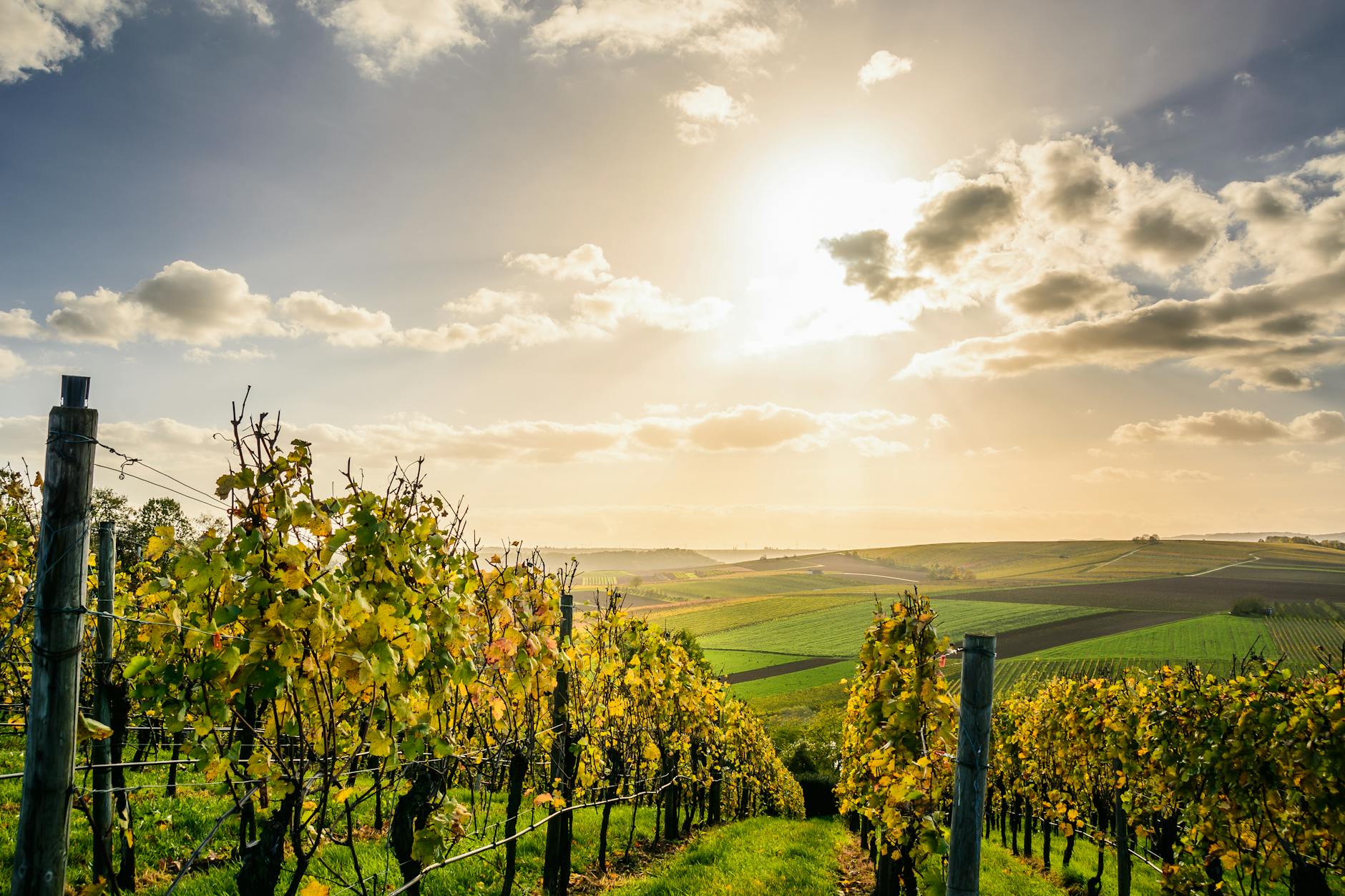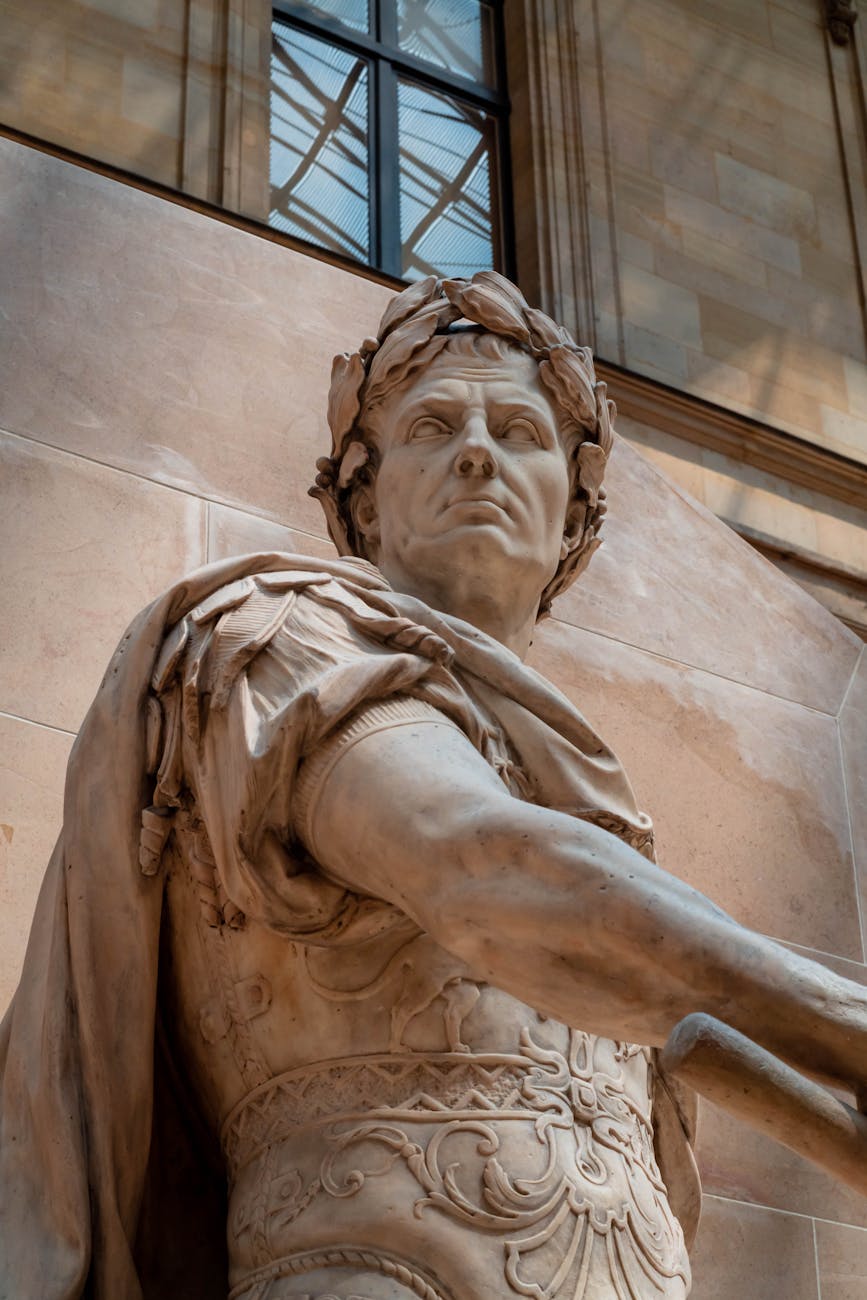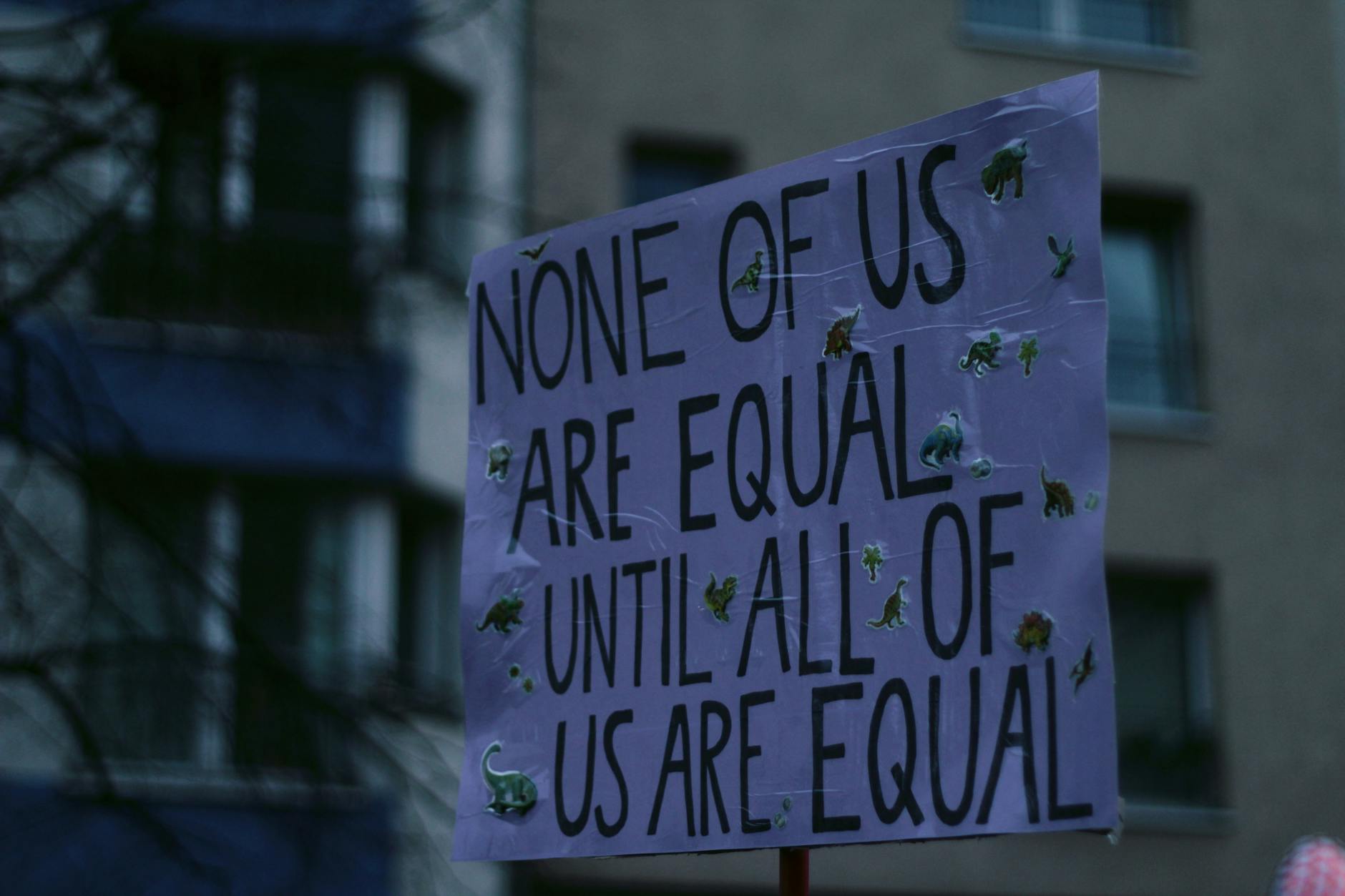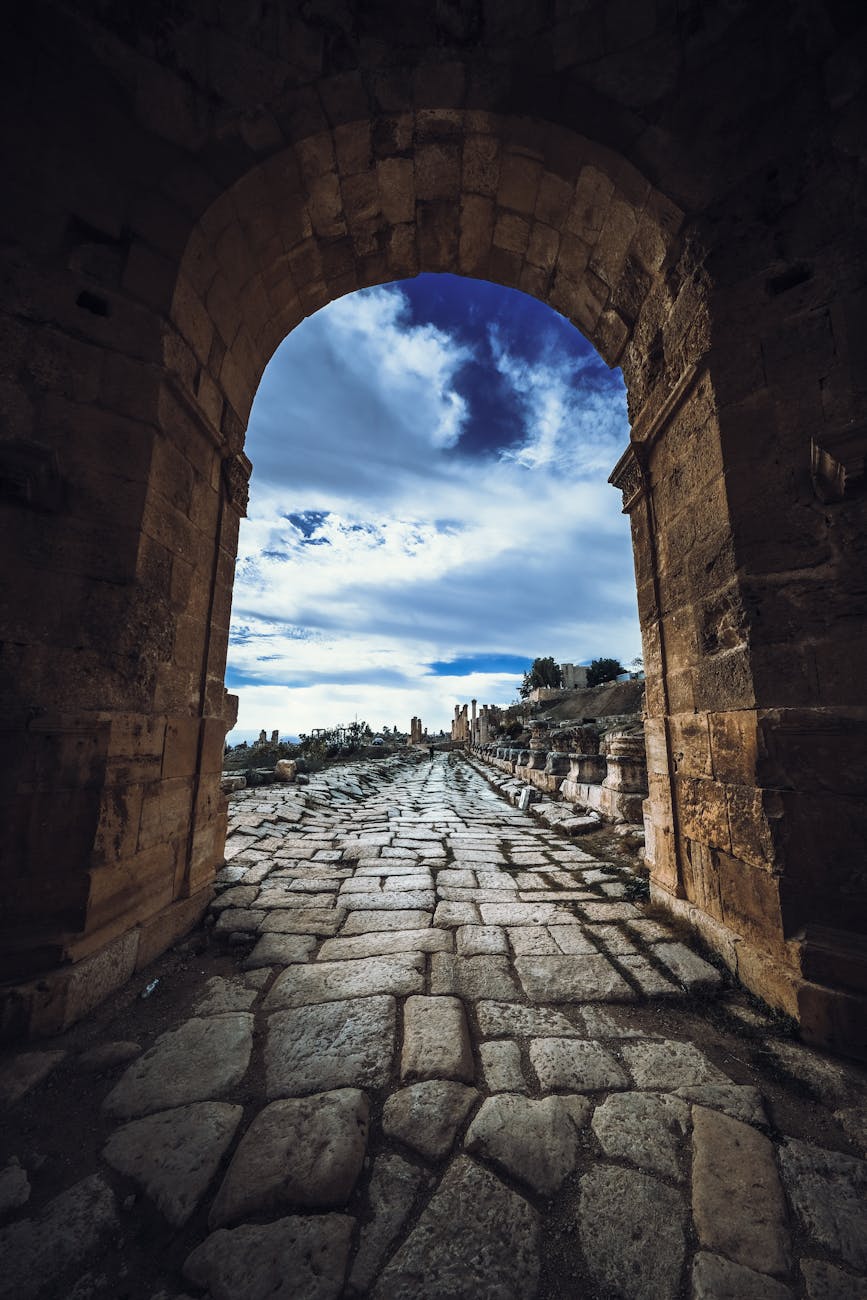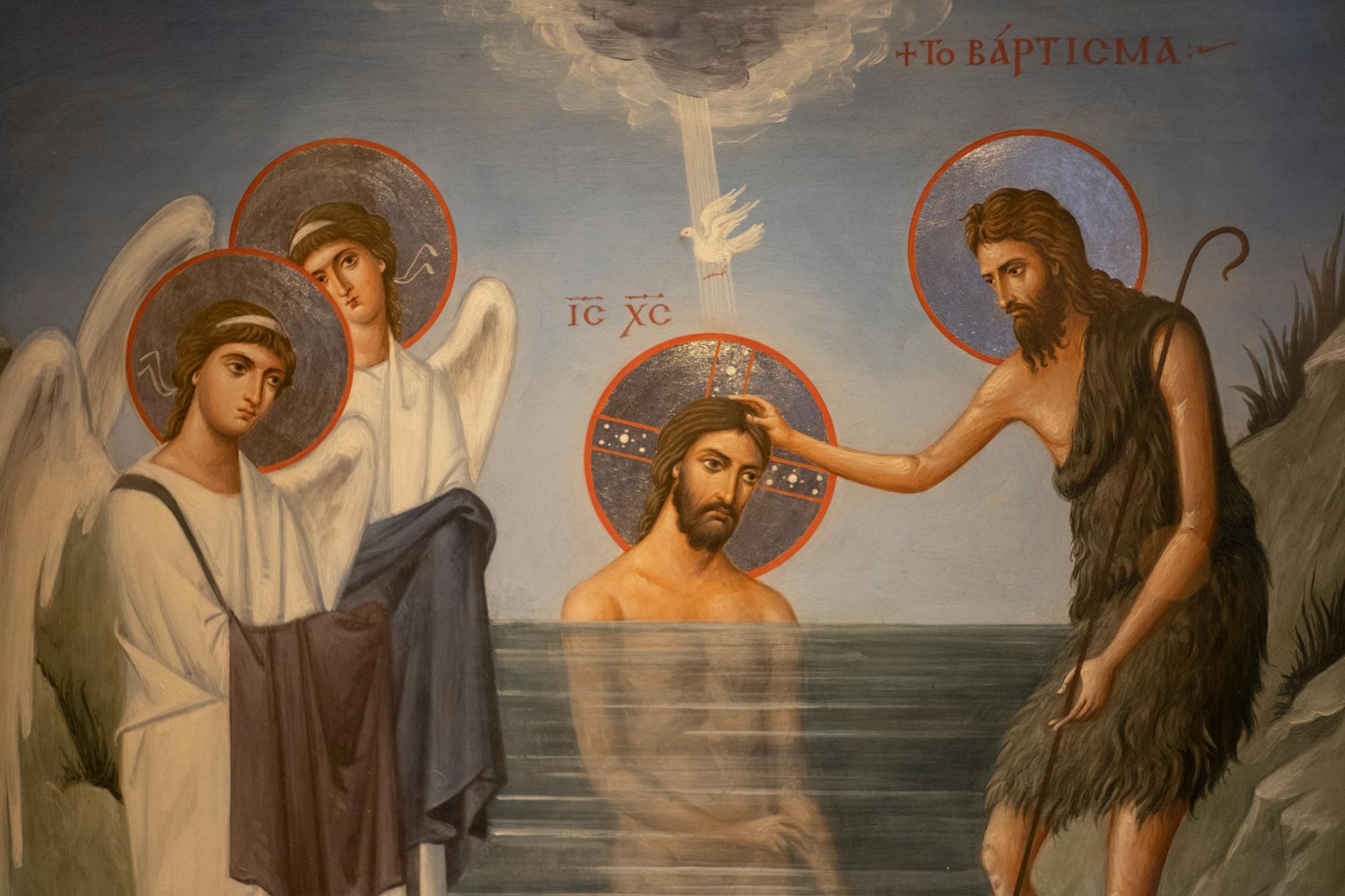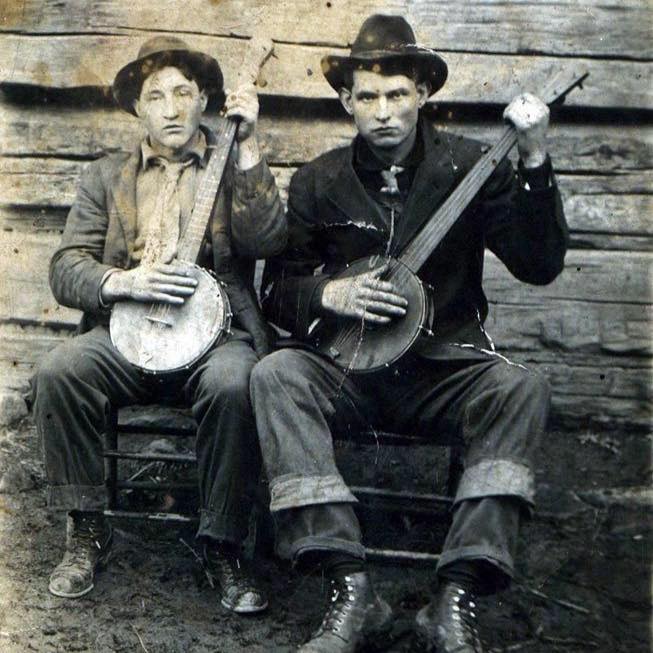Sabbath Day Thoughts — “Truth to Power” Mark 12:1-12
Rachel spoke truth to power. For her senior year at Evergreen State College, Rachel proposed a special independent study. She would travel to Gaza with the International Solidarity Movement. There, she would live in community with Palestinian families, initiate a “sister city” project between Olympia and Rafah, and start a pen-pal program between children in the two cities. Rachel was shocked at the destruction she found in Gaza. Every day, homes were leveled and people detained and killed. Rachel wrote of her experience to her family. Inundated by the abounding hospitality of her beleaguered Gazan hosts, she wrote, “I just feel sick to my stomach a lot from being doted on all the time, very sweetly, by people who are facing doom. . . Honestly, a lot of the time the sheer kindness of the people here, coupled with the overwhelming evidence of the willful destruction of their lives, makes it seem unreal to me.”
Bill spoke truth to power. He served as an infantryman in World War II, went to college, and worked for the CIA, but a spiritual calling took him to seminary. Bill’s passion, inspired by his faith, was social justice. In the 1960s, he was arrested three times as a Freedom Rider, challenging segregation laws by riding interstate buses in the South. Next, Bill turned his attention to America’s growing involvement in Vietnam. He used his significant influence as the chaplain of Yale to organize for the anti-war effort, earning the scrutiny of the Johnson administration. Wishing to make an example of Bill, he was arrested on federal charges of conspiracy to advise draft evasion and found guilty.
Zyahna spoke truth to power. At fifteen, she drafted a petition to the Charlottesville City Council calling for the removal of that infamous statue of Robert E. Lee and the renaming of Lee Park. The seeds of Zyahna’s protest were planted in her fifth-grade studies of the Civil War. She remembers, “Once I learned the truth about slavery and the Civil War, I felt disgusted that my city wanted to display a statue that celebrated my ancestors’ pain.” The City Council responded by creating a commission to consider the statue’s removal and ultimately voted to remove it.
Jesus spoke truth to power. His provocative Palm Sunday parade dramatized the tensions between the Kingdom of God and the earthly powers and principalities. Later that day, when Jesus arrived at the Temple and entered the Court of the Gentiles, he was so offended by the greed and corruption he saw that he overturned the tables of the moneychangers and the seats of those who sold doves for sacrifice. It was not a subtle entry into the city. In fact, it drew the attention of the chief priests and elders, some of the most powerful people in Jerusalem. They hailed from wealthy influential families at the pinnacle of society and walked a fine line between loyalty to their tradition and fealty to the Roman emperor. They came to Jesus as he was teaching and demanded to know who had given him the authority to undertake such a radical and prophetic act.
Jesus answered his critics with a tough story about a landowner and his vineyard. As Jesus began, it seemed as if he might spin some midrash on Isaiah 5, the Song of the Vineyard. Isaiah described God’s frustration and disillusionment with Israel through the story a loving farmer, who cleared land, worked the earth, built a protective wall and watchtower, and carefully planted the very best vines to bear a bumper crop of sweet, juicy grapes. At harvest time, though, the farmer found only wild grapes—tough, sour, and inedible. God expected a harvest of righteousness from God’s people—folks living in right relationship with God and one another, but God found oppression, bloodshed, and injustice.
When Jesus told his parable to his critics, he made a few key changes in Isaiah’s plot. That loving farmer went on a long trip and entrusted his beautiful vineyard to some hired hands. Come harvest time, the vineyard was producing abundantly, just as the landowner had anticipated. The trouble was with the tenants. They seemed to think the vineyard existed only to serve their personal and economic interests. They didn’t think they owed the vineyard owner a red cent. Jesus’s vineyard owner was merciful to the point of foolishness. He repeatedly sent servants, even a beloved son, to speak holy truth and return the wayward tenants to the right path. Right about then, the chief priests and elders must have been feeling a bit uncomfortable.
The story that Jesus told is a juridical parable, a combination of allegory and hyperbole (exaggeration) that is intended to shock and provoke the listener. His listeners were invited to stand in judgment of themselves with the hope that change could happen. Confronted by their failure to honor God and the ridiculous, overflowing mercy of God, Jesus sought to shift perspectives and change behaviors. Could the Son be welcomed? Could the tenants return to God the righteous action that was needed? The graced moment passed. Judgment was pronounced. The chief priests and elders withdrew, conspiring to turn Jesus over to Pilate. We anticipate the close of that first Holy Week: Jesus, outside the walls of the city, his broken body nailed to a cross, breathing his last.
Speaking truth to power is never easy. It is not thinking that the world is wrong and only we are right. It is a bold bid for change and transformation that requires tremendous moral courage. It demands firm conviction that our righteous action is in keeping with God’s best hopes for humanity. Our words must pass the litmus test of love. Will the truth we speak ultimately increase love for God and neighbor—all neighbors? Speaking truth to power is an act of ethical resistance that can cost you your friendships, family, status, reputation, livelihood, safety, and even your life. Just ask Jesus. But without those who are bold enough to speak the truth, change cannot come.
Rachel Corrie never completed her senior project. Her efforts to stand with her Gazan hosts as they contended with the Israeli Defense Force ended her life. Rachel placed herself between an IDF Caterpillar bulldozer and a Palestinian home, thinking to prevent its demolition. Instead, she was run over twice. Her death brought international attention to the plight of Gazans. After her death, her family launched the Rachel Corrie Foundation for Peace & Justice to “support programs that foster connections between people, that build understanding, respect, and appreciation for differences, and that promote cooperation within and between local and global communities.”
William Sloan Coffin’s conviction on federal charges of conspiracy to advise draft evasion was overturned on appeal. Bill continued to advocate for non-violence and world peace. His provocative activism took him to Iran in 1979 to perform Christmas services for hostages being held in the U.S. embassy during the Iran hostage crisis and to Nicaragua to protest U.S. military intervention there. He became president of SANE/FREEZE, the nation’s largest peace and justice organization. His activism sometimes put him at odds with his parishioners, who admired his messages but wished he would spend more time actually being their pastor. Shortly before his death in 2006, Bill founded Faithful Security, a coalition for people of faith committed to working for a world free of nuclear weapons.
Zyahna Bryant’s petition to remove the Robert E. Lee statue in Charlottesville inflamed supporters of Confederate monuments. In August 2017, white supremacists descended upon the city in an effort to preserve the statue. Anti-racist demonstrators rallied to counter protest. One person was murdered and several others injured when a white supremacist used his car as a weapon, ramming a group of counter protesters. Zyahna Bryant is still using her voice to speak truth to power. She’s a student now at the University of Virginia, and serves as the youngest member of the inaugural Virginia African American Advisory Board. The Robert E. Lee statue was removed on July 10, 2021, and melted down in 2023 to be repurposed into new public art.
When the beloved son was killed, that foolishly merciful landlord did not destroy the unscrupulous tenants. Instead, God raised the Beloved Son, who returned with a message, not of judgment, but of love. It’s a love so great that it broke the power of sin and death. It’s a love so all-encompassing that it can meet all the evil of every wicked tenant that has ever lived and work from it a miracle of redemption and life. The risen Lord comes, again and again, calling the world to be in right relationship with God and one another.
We remember that the beloved son sent his friends out to do the same. They spoke God’s truth and took their licks, from the disciples to the apostles and martyrs, from Catherine of Alexandria to Francis of Assisi, from Martin Luther to Sojourner Truth, from Dorothy Day to Dietrich Bonhoeffer, from Bill Coffin to Rachel Corrie to Zyahna Brayant—to us. With trembling voices, we join the throng, lamenting acts of genocide, unjust war, systemic racism, and more. We call the world to the better way of love. We do our part, pay the price, and hope for change.
Resources
The Rachel Corrie Foundation for Peace and Justice. “Rachel Corrie” and “Projects.” Accessed online at https://rachelcorriefoundation.org/
Robert Shetterly. “Rachel Corrie” in Americans Who Tell The Truth. Accessed online at https://americanswhotellthetruth.org/portraits/rachel-corrie/
Robert Shetterly. “William Sloane Coffin” in Americans Who Tell The Truth. Accessed online at https://americanswhotellthetruth.org/portraits/william-sloane-coffin/
Robert Shetterly. “Zyahna Bryant” in Americans Who Tell The Truth. Accessed online at https://americanswhotellthetruth.org/portraits/zyahna-bryant/
Zyahna Bryant. “Zy Bryant Official: More of the movement, less of myself.” Accessed online at https://zybryant.com/
Rupert Cornwell. “The Rev William Sloane Coffin: Radical priest and rights activist” in The Independent, April 14, 2006. Accessed online at https://www.independent.co.uk/news/obituaries/the-rev-william-sloane-coffin-6103769.html
Matthew Skinner. “Commentary on Mark 12:1-12” in Craft of Preaching: Preaching Series, Jan. 22, 2026. Accessed online at https://www.workingpreacher.org/preaching-series/sermon-series-mark-121-12-parable-of-the-wicked-tenants
Spalding, Richard E. “Pastoral Perspective on Matthew 21:33-46” in Feasting on the Word, Year A, vol. 4. Louisville: Westminster john Knox Press, 2011.
McMickle, Marvin A. “Homiletical Perspective on Matthew 21:33-46” in Feasting on the Word, Year A, vol. 4. Louisville: Westminster john Knox Press, 2011.
Mark 12:1-12
12 Then he began to speak to them in parables. “A man planted a vineyard, put a fence around it, dug a pit for the winepress, and built a watchtower; then he leased it to tenants and went away. 2 When the season came, he sent a slave to the tenants to collect from them his share of the produce of the vineyard. 3 But they seized him and beat him and sent him away empty-handed. 4 And again he sent another slave to them; this one they beat over the head and insulted. 5 Then he sent another, and that one they killed. And so it was with many others; some they beat, and others they killed. 6 He had still one other, a beloved son. Finally he sent him to them, saying, ‘They will respect my son.’ 7 But those tenants said to one another, ‘This is the heir; come, let us kill him, and the inheritance will be ours.’ 8 So they seized him, killed him, and threw him out of the vineyard. 9 What then will the owner of the vineyard do? He will come and destroy the tenants and give the vineyard to others. 10 Have you not read this scripture:
‘The stone that the builders rejected
has become the cornerstone;
11 this was the Lord’s doing,
and it is amazing in our eyes’?”
12 When they realized that he had told this parable against them, they wanted to arrest him, but they feared the crowd. So they left him and went away.
